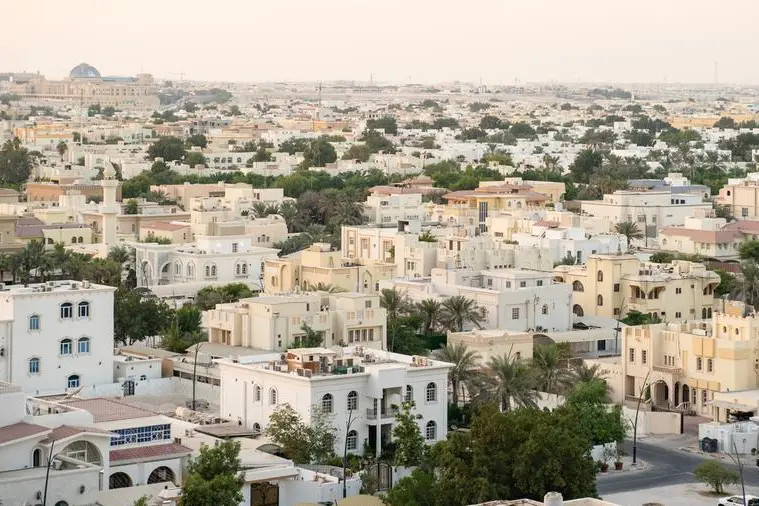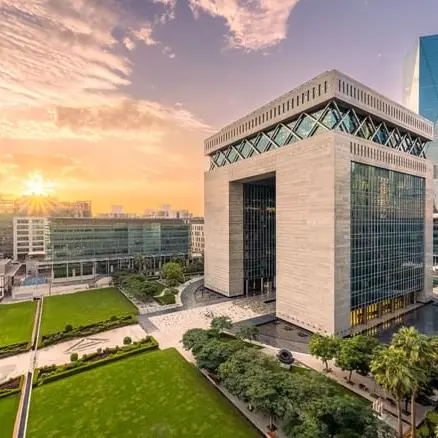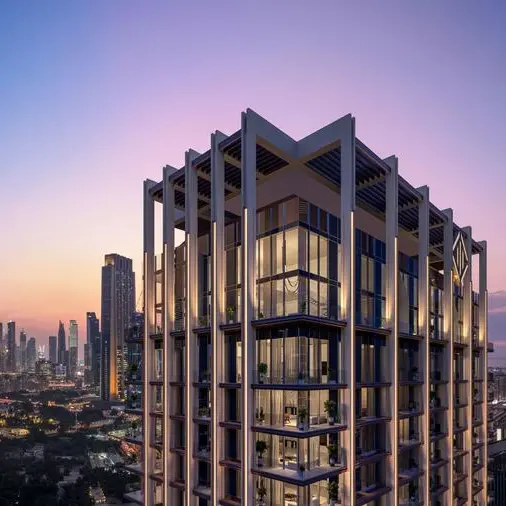PHOTO
Doha: Qatar is experiencing a surge in demand for affordable housing, driven largely by a growing influx of expatriates attracted to the country’s robust economy, infrastructure expansion, and evolving labor policies.
This rising demand is putting pressure on the real estate market, particularly in mid-income segments, as prices climb and supply struggles to keep pace.
According to data from Qatar’s Ministry of Municipality and Urban Planning, the expatriate population has increased by over 9 percent in the past year, fueled by ongoing developments in the energy sector, World Cup legacy projects, and new foreign investment initiatives. While luxury residential properties remain abundant in Doha and its suburbs, affordable units are becoming increasingly scarce.
“Qatar has made substantial progress in upgrading its housing stock, but the current influx is creating a demand-supply mismatch in the affordable housing sector,” said Ali Mansoor, a market expert and regional urban economist in Qatar. “The lower-middle-income expatriates, particularly in services and retail, are being priced out of centrally located housing.”
The Al Wakra and Al Rayyan municipalities have seen the steepest rental increases, with average rents for one-bedroom apartments rising by 14 percent since mid-2024. Meanwhile, developers are still focused on luxury and high-end residential projects, leaving a widening gap in the mid-market range.
“There is strong demand from skilled expatriates who earn moderate wages and want clean, safe, and affordable housing within commuting distance to Doha,” he said. However, the current supply pipeline is not adequately aligned with the needs.
In response, the government initiated plans to revise zoning regulations to incentivise the development of mixed-income housing communities. Researchers say long-term solutions must focus on urban planning strategies that integrate transport, employment zones, and housing development.
“Rising costs are already affecting workforce stability in critical sectors like hospitality, logistics, and healthcare,” said Mansoor. “Affordable housing is directly tied to economic resilience and social equity.”
With Qatar positioning itself as a regional business and innovation hub, analysts warn that affordable housing will become an even more urgent issue unless addressed through proactive policies.
Stakeholders across real estate, governance, and industry agree that balancing growth with inclusivity is now imperative.
“Qatar’s future lies in attracting talent from across the world. Affordable housing is the foundation of a truly competitive and sustainable economy,” Mansoor added.
© Dar Al Sharq Press, Printing and Distribution. All Rights Reserved. Provided by SyndiGate Media Inc. (Syndigate.info).





















